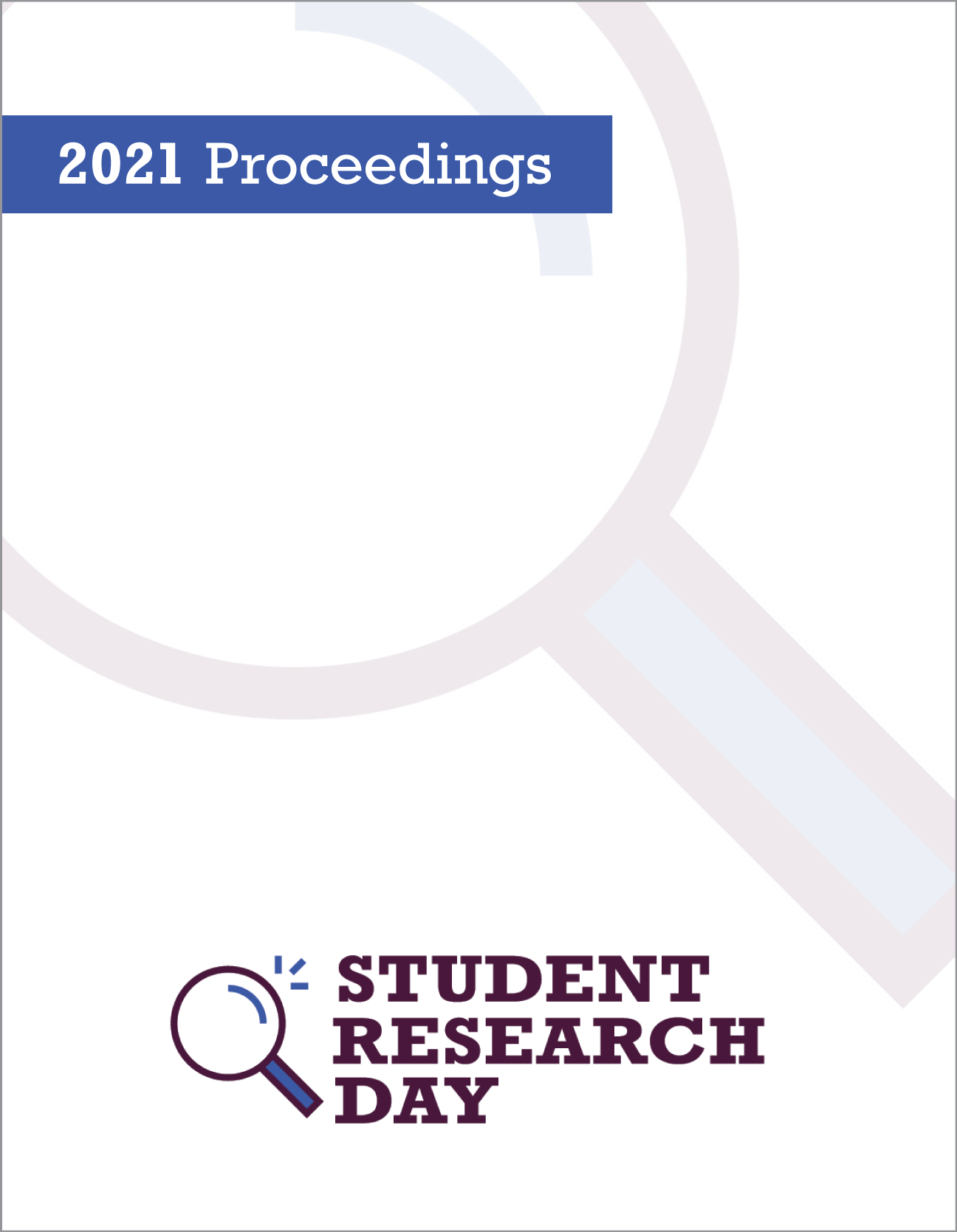From Science as Solution to Science as Suspect:
The Human-Science Relationship in Science-Fiction Canon
Abstract
The ways in which humankind relates to science and innovation has always been a key marker of the science-fiction genre. Though this relationship was popularly rooted in scientific rationalism and proto-idealism, it has since evolved in favour of problematizing relations between the human and the machine. Drawing on the work of authors such as Isaac Asimov, Frank Herbert, Philip K. Dick, Jeff Somers, and Iain Reid, this paper is a genre-oriented exploration of the shifting dialogue on how humankind should orient itself toward technological progress. Starting in the era of 1950's science fiction, as epitomized by Asimov, the literary endorsement of "science as solution" has veered to "science as suspect." Expressed first through the complication of the human-science relationship in transitory works, this shift in canonical discourse is readily captured in Herbert's Dune and Dick's Do Android's Dream of Electric Sheep with Somers' The Final Evolution and Reid's Foe demonstrating a contemporary finalizations of this trend.
Department: English
Faculty Mentor: Dr. William Thompson
References
Published
Issue
Section
License
Authors retain any and all existing copyright to works contributed to these proceedings.



